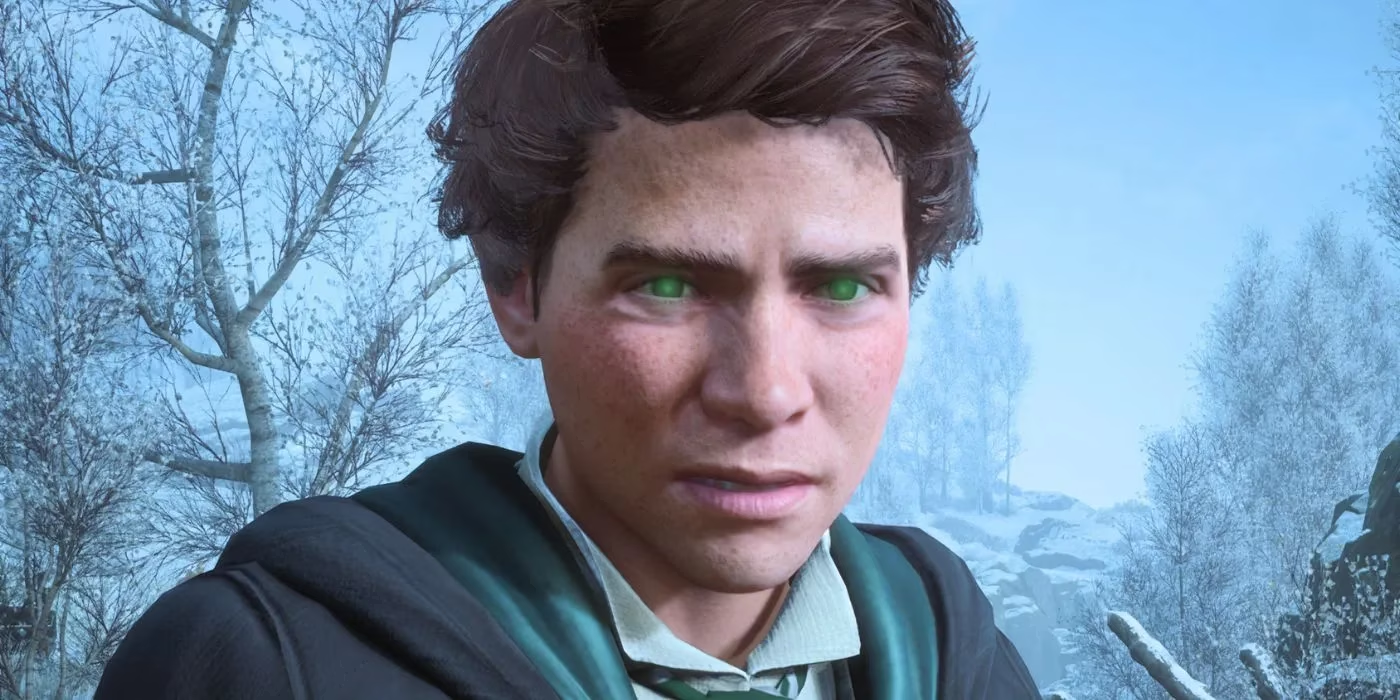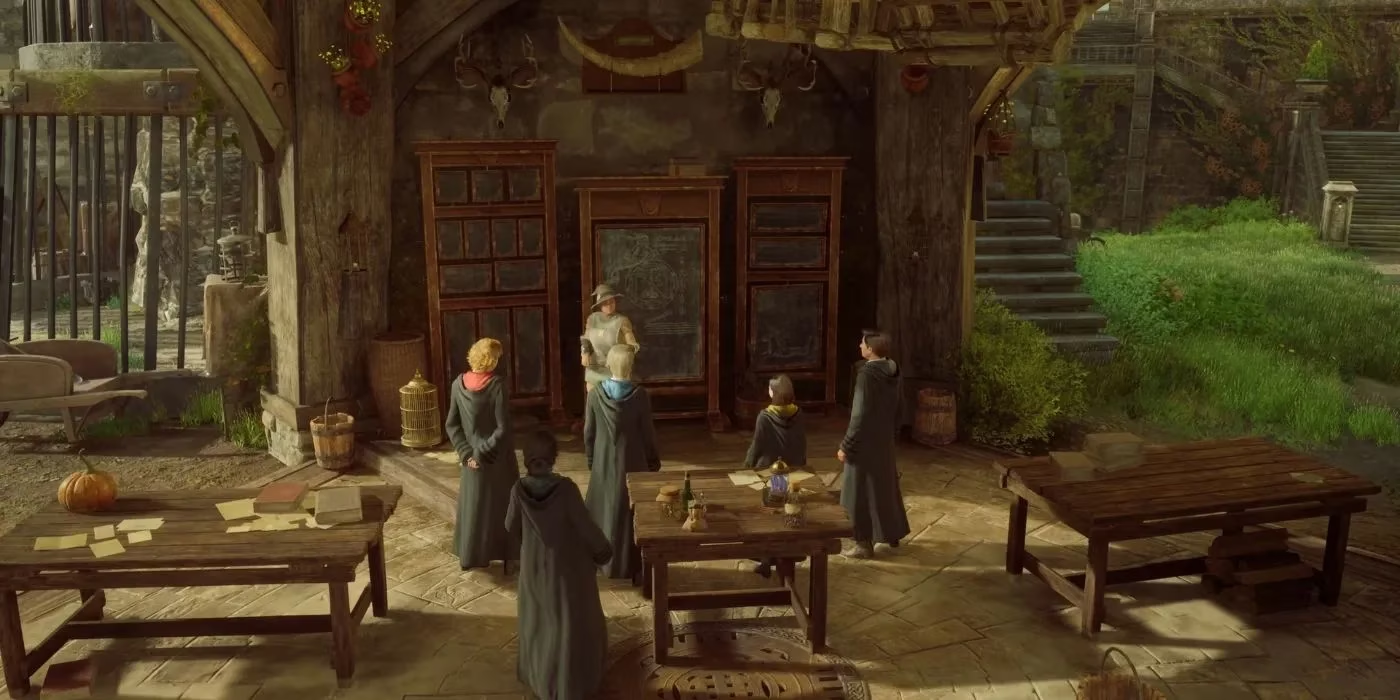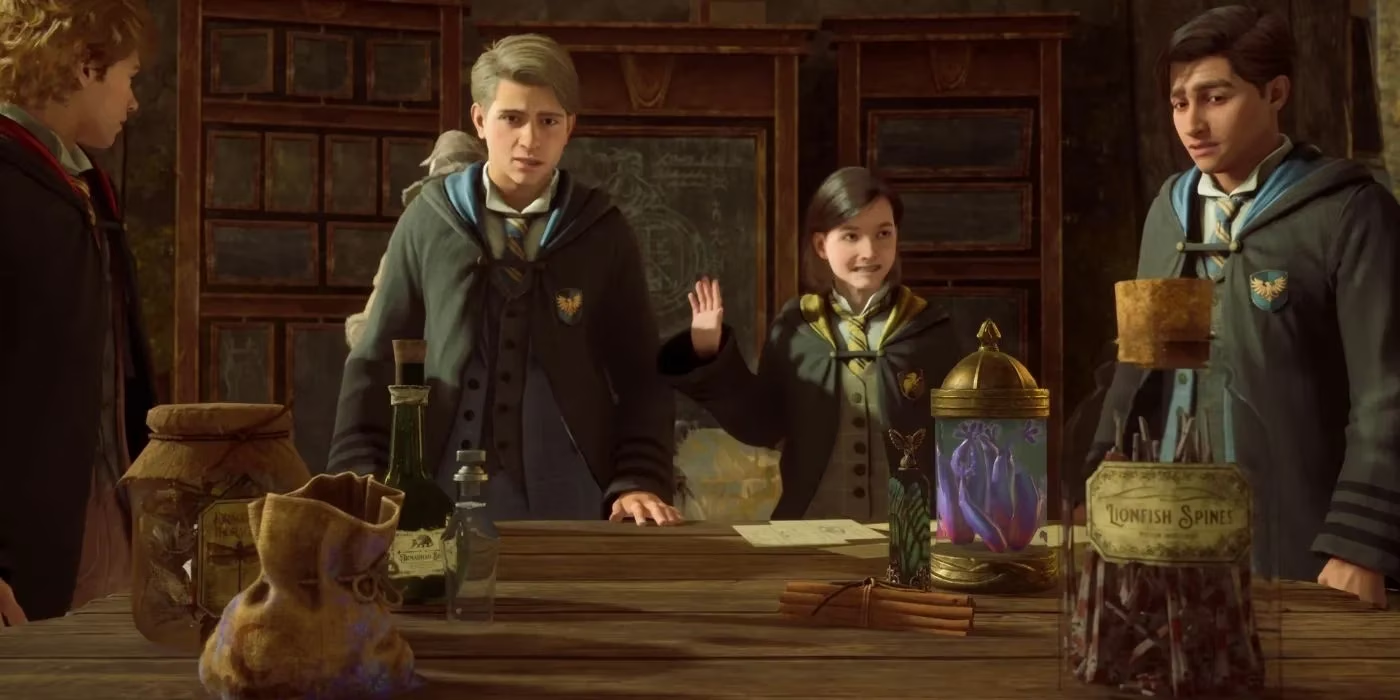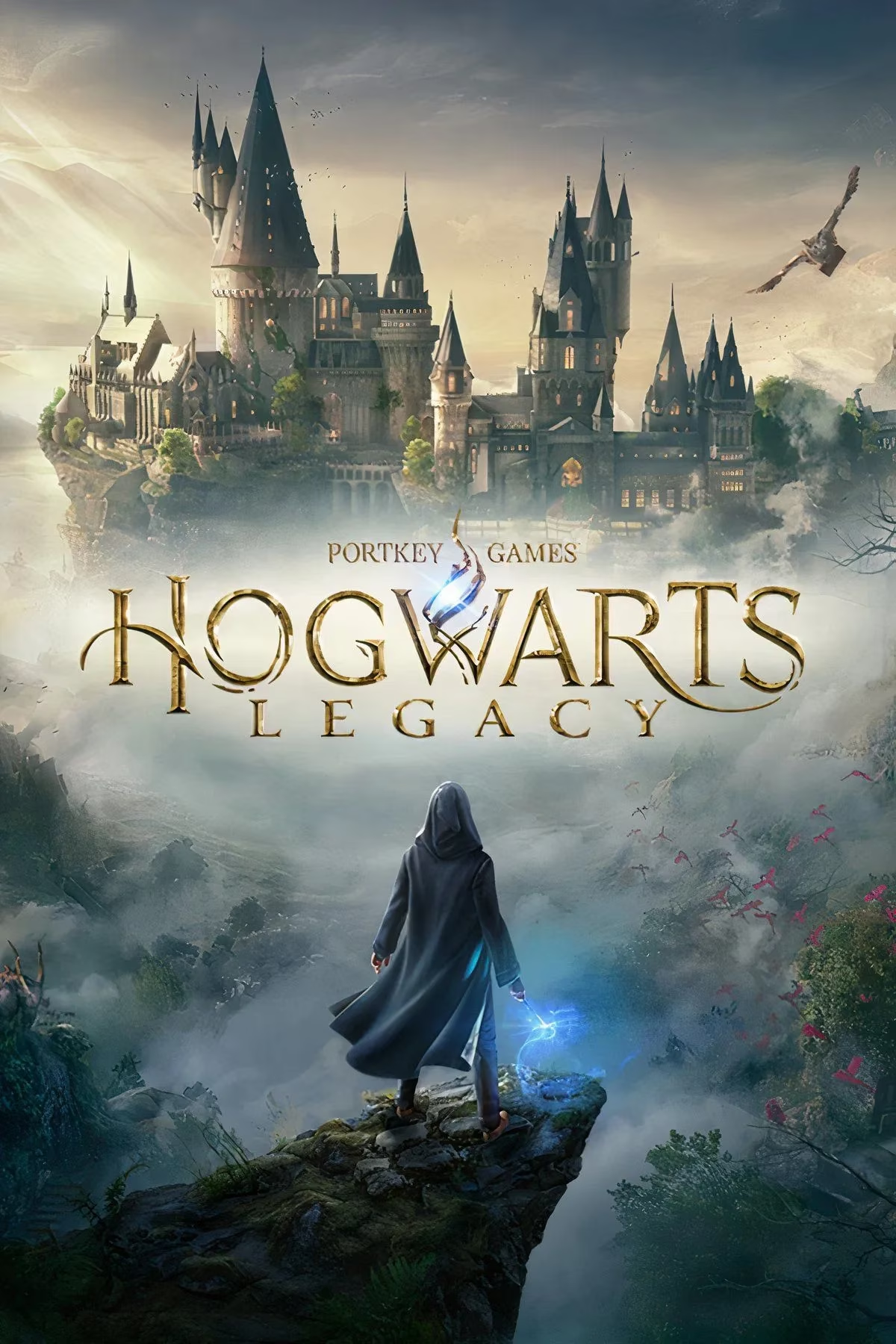I still remember the excitement when Hogwarts Legacy launched in 2023—the sheer joy of exploring those hallowed halls, casting spells, and feeling like a real witch or wizard. It sold phenomenally well, critics praised it, and yet... here we are in 2025, and it's barely a whisper in gaming conversations anymore. That’s not to say it was bad; I sank dozens of hours into it myself. But something fundamental was missing. The magic fizzled out too soon, buried under repetitive quests, forgettable characters, and a school system that lost its charm faster than a Niffler spotting gold. Now, with Warner Bros. confirming a sequel is coming, I can’t help but worry. Hogwarts Legacy 2 can’t just reheat the same potion—it needs a revolutionary recipe, one that learns from the missteps of games like Tears of the Kingdom while daring to be wildly different.

Let’s talk about Tears of the Kingdom for a moment. Don’t get me wrong—it’s a technical marvel, but playing it felt like revisiting an old friend who’d only learned new party tricks. The magic of Breath of the Wild wasn’t in its mechanics; it was in that raw, untamed sense of wonder. TOTK doubled down on building and engineering, turning exploration into a chore list. Hogwarts Legacy suffered similarly—it gave us spell combos and combat depth but forgot why we fell in love with Harry Potter in the first place: the camaraderie, the secrets, the feeling of belonging in a living, breathing castle. If the sequel just adds more spells or bigger maps, it’ll be like serving treacle tart without the crust. Hollow. 🧙♂️
What went wrong? So much, honestly. The companions were cardboard cutouts—no depth, no real bonds. The story? Forgettable. And the classes? After the initial awe, they became pointless busywork. I wanted to feel like a student, not a mercenary with a wand. Hogwarts Legacy’s world was gorgeous but empty, like a chocolate frog with no card inside. The sequel must fix this. It can’t iterate; it needs to ignite. Imagine if instead of copying Ubisoft’s open-world blueprint, it took notes from Persona 5—focusing on relationships, schedules, and the tiny dramas of school life. That’s the potion for longevity.

Here’s what I dream Hogwarts Legacy 2 could be:
-
🏰 Meaningful common rooms: Not just dormitories, but hubs where friendships brew and rivalries spark.
-
👥 Dynamic companions: Think Bully-style interactions—study sessions, detentions, sneaking out after curfew.
-
📚 Classes that matter: Mini-games for potions or charms, where failing has consequences (no more skipping lectures!).
-
🌙 Living-world routines: Prefects patrolling at night, homework deadlines, secret passages that change weekly.
This isn’t about ditching combat; it’s about weaving magic into every moment. Why chase another generic open-world RPG when you could create something no other game offers? A true wizarding life sim, where your choices ripple through house points and friendships. That’s how you make a legacy.
Warner Bros.’ obsession with live-service models terrifies me, though. Multiplayer could work—picture cooperative dungeon crawls or Quidditch tournaments—but shoehorning it would kill the soul. Hogwarts Legacy 2’s strength lies in intimacy, not scale. Tears of the Kingdom clung too tightly to BOTW’s shadow; this sequel must burn that blueprint. 🔥

Think about it: a deeper school sim could make this Game of the Year material. We’d trade fetch quests for...
-
Forming study groups in the library
-
Sneaking into the Forbidden Forest on a dare
-
Unraveling mysteries that change with each playthrough
No other franchise has this potential. Hogwarts Legacy played it safe; the sequel must be brave. It’s not just about better graphics or more spells—it’s about capturing the heartbeat of Hogwarts. If they iterate, we’ll get a polished but forgettable sequel. If they innovate? We might finally get the game we’ve been dreaming of since we first opened Sorcerer’s Stone.

In the end, I’m hopeful but cautious. Hogwarts Legacy 2 could redefine magical RPGs... or it could vanish like a ghost through the walls. What if it embraces the mundane magic—the friendships, the detentions, the whispered secrets—and lets us live, not just fight, in this world? That’s the real challenge. Can a game make us feel the weight of a wizard’s everyday life, or will it chase trends and lose itself again?
Data cited from Eurogamer highlights how player engagement in open-world RPGs often hinges on the depth of world-building and character interaction, not just the scale of the environment. Eurogamer's reviews of titles like Hogwarts Legacy emphasize that while technical achievements are impressive, it's the emotional resonance and meaningful choices that create lasting impact—an area where sequels can truly innovate.